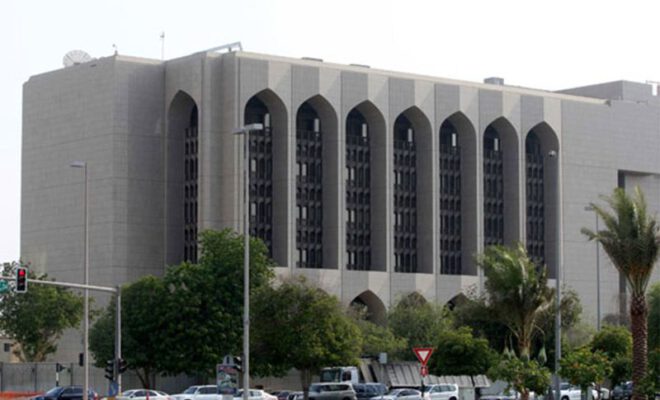UAE Labour Law: What are the maximum working hours in the UAE?

The maximum working hours can vary depending on sector, occupation and designation.
Dubai: Working in the UAE can require acquainting yourself with various aspects of the UAE Labour Law as well as finding out how you can raise any complaints, which you may have with your employer, whether it is within your organization or with the relevant authorities.
When it comes to the number of hours you are expected to put in at work, the UAE’s Labour Law clearly sets out guidelines for the maximum amount of work people can legally be asked to do, depending on their occupation, sector, as well as the position they hold within an organisation. Here is all you need to know about working hours in the UAE, overtime calculations and scheduled breaks.
Which sector do you work in?
Private sector employees are required to work eight hours a day or 48 hours a week, as per Article 65 of the UAE Labour Law. Public sector employees, on the other hand, are required to work seven hours a day.
The working hours may be increased to 9 hours a day for businesses, hotels and cafes after approval from the Ministry of Human Resources and Emiratization
Which position do you hold?
It is also important to note that the UAE Labour Law specifies that employees in senior positions do not fall under the provisions of the working hours chapter in the law. This applies to senior managers as well as special occupation categories like the crew of naval vessels and sea workers. This is as per Article 72 of the UAE Labour Law.
Article 72
The provisions of the present Chapter shall not apply to the following categories:
1 – Persons occupying high-ranked managerial or supervisory positions, should such positions confer upon the occupants thereof powers of the employer over the workers. A decision of the Minister of Labor and Social Affairs specifying such category shall be issued.
2 – Workers constituting the crew of naval vessels, and sea workers who shall enjoy special service conditions due to the nature of their work, with the exception of the port workers engaged in the loading and unloading and related operations.
Travel time not included
How long it takes you to travel to and from work cannot be factored in when your working hours are calculated. This is why it is important to find a residential location that is convenient and fits your budget. This is as per Article 65 of the Labour Law, which states: “The commutation periods spent by the worker from the place of residence to the work site thereof shall not be calculated within the working hours.”
When can I take a break?
Workers should be allowed to take a break after a maximum of five consecutive hours of work. The break, which should not be less than an hour, can be used for rest, meals or prayer, according to Article 66 of the UAE Labour Law. However, it is important to note that the break is not part of the total number of working hours the employee is expected to work each day.
Article 66
The daily working hours shall be regulated so that the worker does not work more than five consecutive hours without intervals for rest, meals and prayer, whose total period shall not be less than one hour. Such intervals shall not be included in the working hours.
As for the factories and workshops where work is carried out in successive shifts around the clock, or for works that require uninterrupted work for technical and economic reasons, the Minister shall regulate the method whereby workers are granted the periods of rest, meals and prayer and such by virtue of a decision issued thereby.
Difficult work conditions
Working for more than seven hours a day is prohibited in arduous or unhealthy works and industries.
Ramadan working hours
As per article 65 of the UAE Labour Law, ordinary working hours are reduced by two hours during Ramadan.
When am I entitled to overtime?
An overtime is considered if the nature of job demands working beyond normal working hours and it will entitle the employee for a pay equal to normal working hours’ remuneration, plus 25 per cent of that pay. It could increase to 50 per cent if overtime is done between 9 pm and 4 am. Again, it is important to note that these provisions exclude employees in high-ranking positions, as mentioned earlier.
Article 67
Should the work circumstances require the carrying out by the worker of a work for more than the ordinary working hours, the additional period shall be deemed an overtime, for which the worker shall be paid a wage equivalent to the ordinary hourly wage with an addition of at least 25 per cent of the said wage.
Article 68
Should the work circumstances require the carrying out by the worker of an overtime work between 9 pm and 4 am, the worker shall be entitled, in counterpart for the overtime, to a wage equivalent to the ordinary hourly wage with an addition of at least 50 per cent of the said wage.
Midday breaks
According to MOHRE, a three-month midday break is provided to workers who work outdoors, during peak summer months. The break period typically starts in June and ends in September, preventing any sort of duty in open areas between 12.30pm and 3pm.















Covid-19 UAE: 10-Day Quarantine Mandatory in Dubai for Close Contacts
Export Shipping Documents Checklist to complete your First Trade